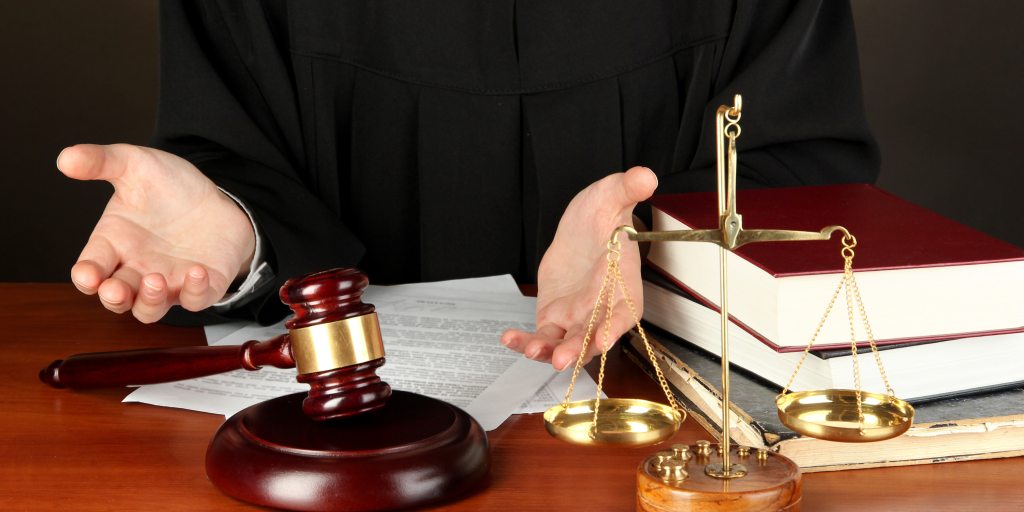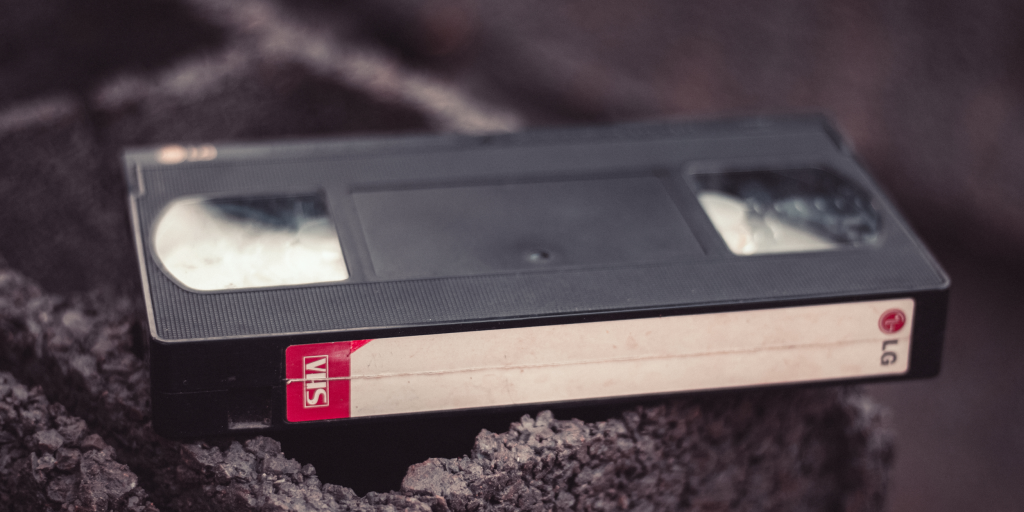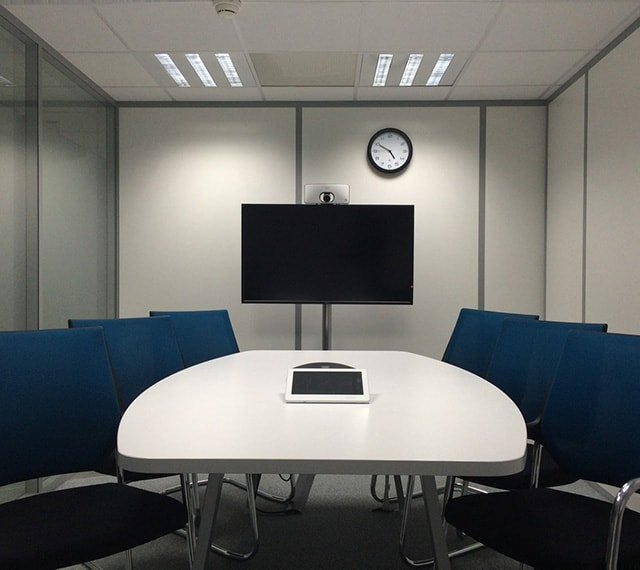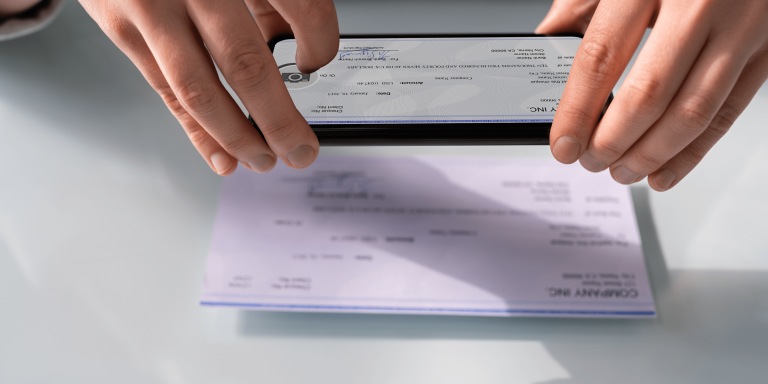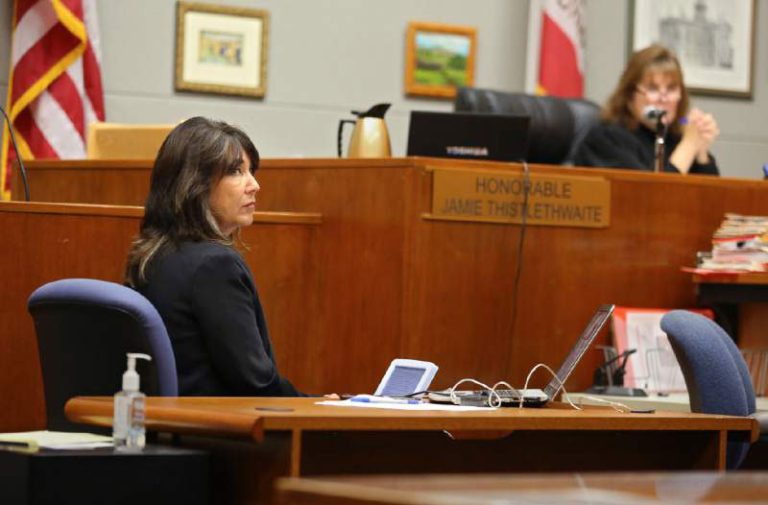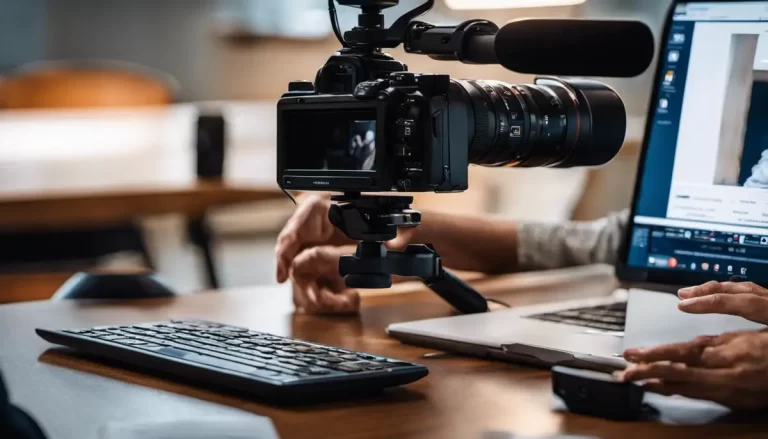Recently, legal video conferencing has grown in popularity. This technology has changed how cases are heard, making court attendance less necessary. Video conferencing is essential for court reporters due to its many benefits.
The Role of Court Reporters in Video Conferencing
Court reporters are essential for video conferencing to record verification. They take notes during court sessions and write them down to keep a record for future reference or verification. Court reporters must improve their video conferencing skills to catch every important detail.

Challenges Faced by Court Reporters in Video Conferencing
Video conferencing for court reporting has many advantages, but it also has downsides. Court reporters sometimes struggle to transcribe proceedings owing to internet and audio issues. Video conferencing raises confidentiality and safety concerns for remote hearings.
Implementing New Technologies in Court Reporting: Education and Training
The only way court reporters can overcome these issues is to adopt new technology and learn video conferencing through training and education programs. They also learn how to troubleshoot and fix remote hearing transcription issues while using the platforms and equipment.
The Importance of Reliable Internet and Audio Equipment
Court reporters who use real-time transcription for video conferencing need stable internet. Disruptions and delays may slow teamwork.
High-quality audio equipment that transmits sound without distortion or noise is also important. Court reporters require reliable internet and high-quality audio equipment to transcribe accurately.
Ensuring Confidentiality and Security in Video Conferencing
Court reporters must maintain video conference secrecy. They must employ secure, encrypted, and privacy-compliant solutions. Court reporters must stay vigilant to prevent eavesdropping and unauthorized access during remote sessions.
Best Practices for Court Reporters in Video Conferencing
Courtroom reporters must follow video conferencing requirements. Working in a quiet, distraction-free environment is crucial for accurate transcription. Know video conferencing platforms’ capabilities to maximize productivity.
You should raise your hand or use chat tools to ensure everyone is on the same page and not talking over one another.
The Benefits of Video Conferencing for Court Reporting
Court reporters benefit greatly from video conferencing. This allows people to conduct legal proceedings remotely without having to visit a courthouse.
This reduces travel and expenditures. Video conferencing allows legal parties to communicate in real-time and accurately transcribe their voices.
Future Trends in Video Conferencing and Court Reporting
Video conferencing and court reporting will change due to rapid technological advancement. This trend is driving the popularity of transcription services that utilize AI to automate jobs while still requiring human control. Virtual reality lets us construct new worlds where distant viewers can experience being there.

The Impact of COVID-19 on Video Conferencing and Court Reporting
The COVID-19 pandemic has increased legal video conferencing. judicial reporters need video conferencing because social alienation has made judicial activity remote. Despite initial difficulties, court reporters quickly adopted new technology and developed protocols to ensure correct transcription during virtual sessions.
The Evolution of Court Reporting in the Digital Age
Finally, video conferencing, which is becoming more common in the legal sector, has helped court reporters. If given the right supervision and training, court reporters can overcome technological challenges and succeed in their careers, despite confidentiality problems.
Video conferencing can help court reporters stay current and productive in the digital age. By taking this step, they will be ready for the latest court reporting technology and trends.

